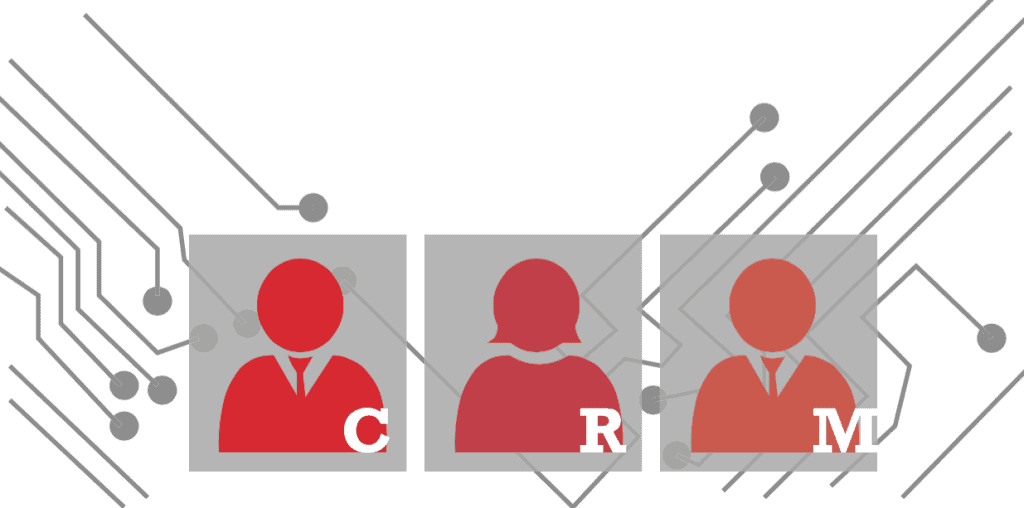The financial services sector has changed dramatically over the last six years, writes Rohit Thakral, and driving customer relations is key.
With customers insisting on ever better value and the regulator scrutinising almost everything they do, financial services organisations are under increasing pressure to improve the way they operate and engage with both.
It is perhaps unsurprising then that many companies are tuning to technology, particularly customer relationship management (CRM) software, to help deal with the increasing demands placed upon them.
Technology is advancing at an exponential rate, with new gizmos and gadgets breaking onto the scene every month. The risk for many organisations, not just those in financial services, is getting on the bandwagon and adopting new technologies without a clear vision of the benefits they hold for the organisation or their compatibility with the existing IT infrastructure.
By centralising your customer data … you can significantly improve the service your company offers.”
Now that the economy appears to be moving in the right direction, bankers, insurance providers and so on are all looking at how they can attract new customers, while retaining the ones they have. While they all realise the importance of being client-focused and delivering a better service, some still struggle to put it into practice.
The client comes first
The introduction of a bespoke CRM system in this situation should be a no brainer. By centralising your customer data, recording and updating their information, you can significantly improve the service your company offers.
For the customer it means no more annoying sales calls about products and services they have no interest in. For your organisation it means a more streamlined sales process, where staff can anticipate the needs of your customers, resulting in more opportunities to cross-sell and up-sell to more satisfied customers.
Ask any manager where most of their time is taken up day-to-day and I guarantee you most will put the blame on tracking and meeting regulatory commitments. The workload in this area has grown significantly, to the point that it is now the largest area of growth in the financial services sector.
Managing these duties requires tools that are able to force and prove compliance. Using open source CRM software, such as vTiger, you can automate a large amount of your regulatory commitments, develop set processes to ensure they are adhered to, while saving a significant amount of time that can be better spent on activities that increase the company’s bottom line.
The advent of big data is further complicating matters, as companies struggle to decipher information previously buried in documents and emails. The complexity of today’s regulatory environment, the impact of regulations and the penalties for non-compliance cannot be addressed without appropriate tools like Microsoft Dynamics to intelligently automate and manage those policies.
Omni-channel accessibility
Improving customer focus is at the top of most financial services organisation’s priority lists. However, adjusting to the rate of change in consumer technologies is another huge challenge for companies in this space.
Today’s consumer expects to switch freely between their mobile device and their laptop or desktop, without any deviation in the quality of the service they receive. Moreover, if they have performed actions through these channels, they expect immediate recognition of the transaction should they opt to call or visit your business face-to-face.
Integrating all these technologies requires a solid CRM system that will streamline key customer touch points such as client on-boarding and case escalation, while facilitating the introduction of new technologies and channels.

